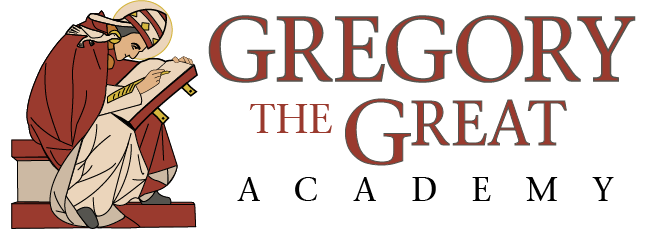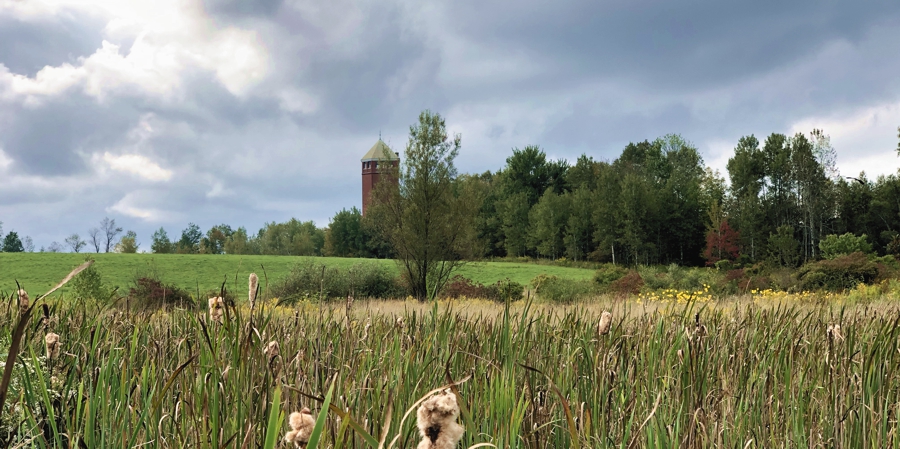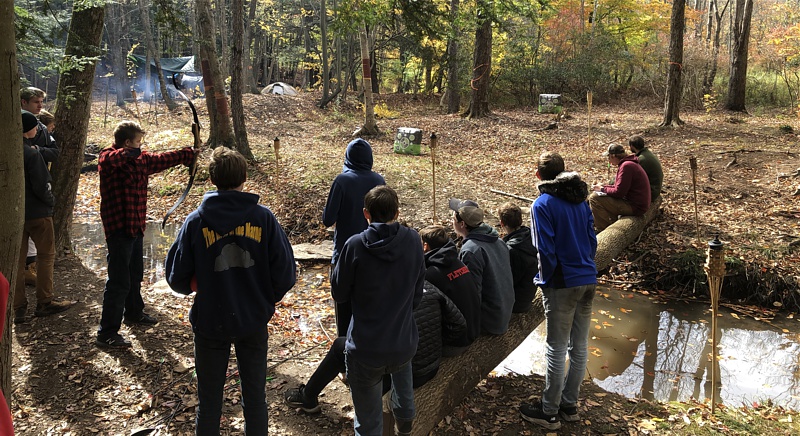A Natural Order of Living
Boys at Gregory the Great Academy discover Truth every living day. They wake to the sounds of nature and of man in harmony with nature: birdsong from an open window, a prefect’s call to Morning Prayer, the bustle of roommates readying themselves for the day. The natural world and their place in it is constantly present, never mediated by some electronic device.



